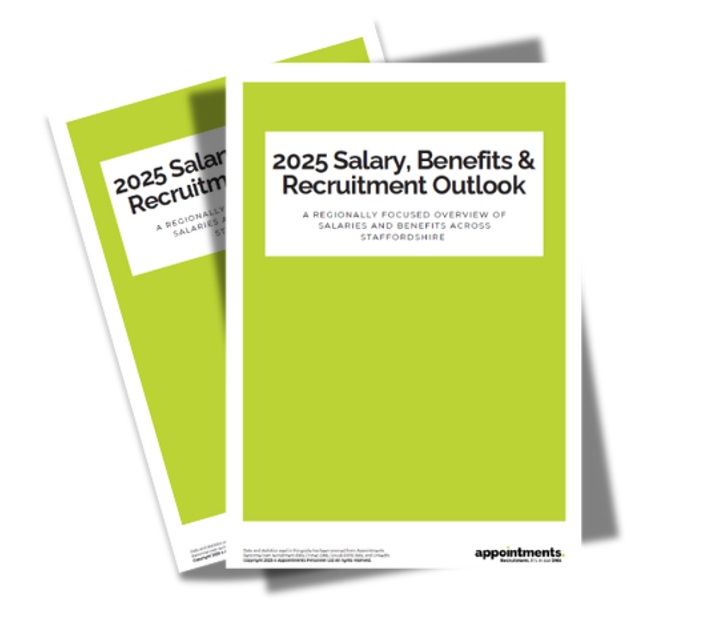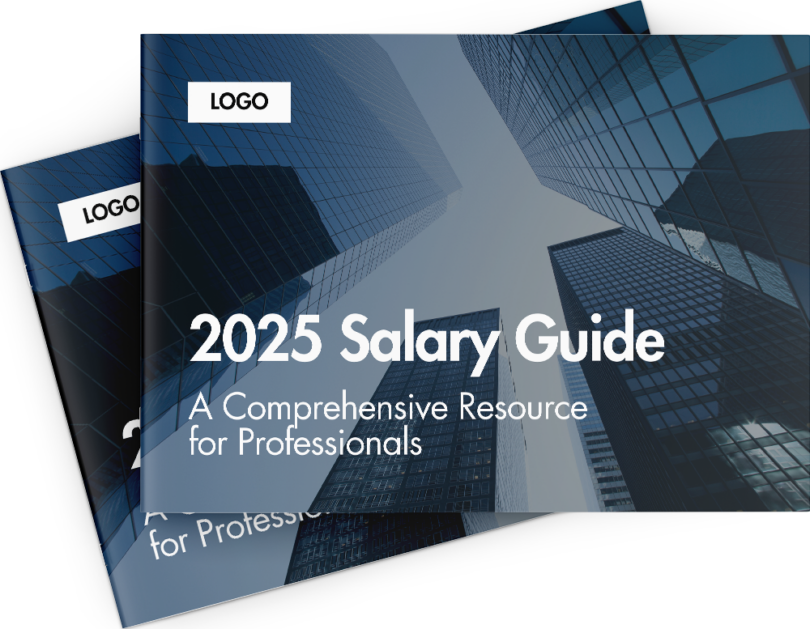
Share Article
Employer advice for coronation bank holiday
The Government has announced there will be a bank holiday on Monday 8 May 2023 in honour of the coronation of King Charles III. This blog looks at what employers needs to do to prepare.
The coronation will take place on Saturday 6 May and the bank holiday has been set for Monday to avoid clashing with the vote count for local elections, which takes place on Thursday 4 May. It will follow the usual early May bank holiday on 1 May.
Prime Minister Rishi Sunak said the holiday would be a chance for families and communities to celebrate; a bank holiday was also declared when Queen Elizabeth II was crowned in 1953.
“The Coronation of a new monarch is a unique moment for our country. In recognition of this historic occasion, I am pleased to announce an additional bank holiday for the whole United Kingdom next year,” he said.
“I look forward to seeing people come together to celebrate and pay tribute to King Charles III by taking part in local and national events across the country in his honour.”
Chancellor of the Duchy of Lancaster Oliver Dowden said: “The Coronation combines the sacred and the solemn, but it is also celebratory.
“This bank holiday will once again give people across the United Kingdom the opportunity to come together as families and communities to welcome His Majesty to the throne as we mark this important day in our nation’s long history.”
2022 saw an additional two bank holidays announced –for the Queen’s Platinum Jubilee at the start of June and during the national mourning period for her funeral.
What bank holiday arrangements do Employers need to consider?
Employees do not have an automatic right to take time off for a bank holiday – if their contract states their leave entitlement is a certain number of days plus bank holidays, they should be entitled to this day off.
Kerry Bonfiglio Bains, founder and employment expert at Appointments Personnel, advised: “It’s important to check for any flexibility built into the contract. If it states ‘8 public/bank holidays’ but does not list them, or ‘8 public/bank holidays as listed, or other days as determined by us’, this may allow employers to give employees this extra day off but require them to work on another public/bank holiday.
“But even if a contract doesn’t include an automatic right to time off, employers can still allow a day of paid leave in addition to the contractual entitlement, or ask people to book it off out of their entitlement. It’s useful for employers to look at how they have previously dealt with bank holidays to make sure they have a consistent and fair approach.”
Hospitality may need additional staff to cover increased bank holiday business
Employers in sectors such as hospitality, may need to think about staffing levels if they plan to stay open to take advantage of increased business due to families enjoying an extra bank holiday.
For these industries, employers may want to consider their staffing levels and if they feel they need to put a temporary freeze on staff taking annual leave during this time. Employers could cancel pre-booked annual leave, providing they give the employee the same amount of notice as the duration of the leave. However, Kerry strongly recommends this as a very last resort so as not to negatively impact their staff morale and motivation.
To keep up with increased customer demand, employers may want to think about offering enhanced overtime rates or incentives to work additional hours. However, it’s important to be mindful of the limits on maximum working hours and minimum rest breaks too. Employers should also consider whether employees that are working may want to watch the celebrations while at work and whether they could set a TV up in the workplace to allow for this.










